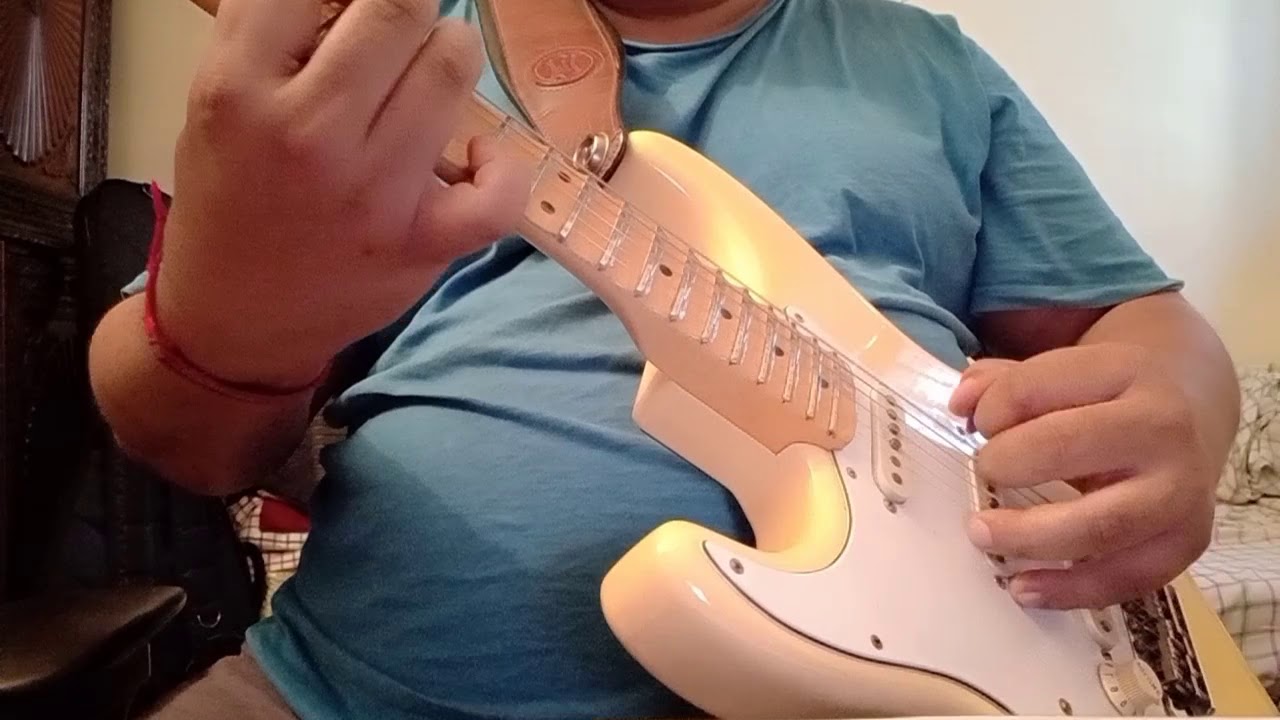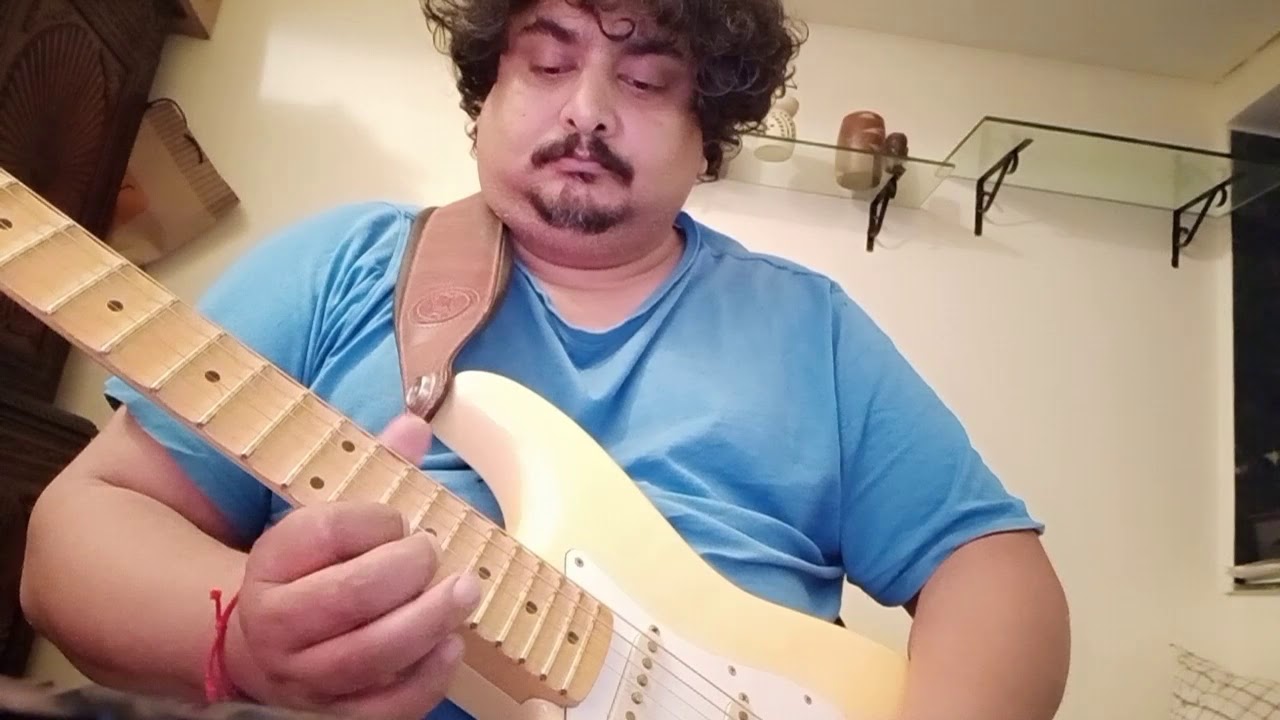I don’t want to turn this thread into a long debate, but this is contentious. As I understand the term, anchoring does not relax the muscles. Quite the opposite in fact.
On guitar, the picking arm cannot be anchored unless the arm is applying force into the body of the guitar. As the face of the guitar is essentially perpendicular to the floor while playing, this force into the guitar is not provided by gravity. As a result, any anchoring force sufficient to provide stability is the result of muscular exertion.
This isn’t necessarily wrong, a lot of great players anchor with great results. Increased stability can be beneficial. It just doesn’t come without some associated cost. There are many varieties of anchor, some more and some less stable, some more and some less limiting.
I’m not dismissing anchoring as wrong or invalid.
It’s important to note that I distinguish anchoring from touching. Mere contact does not result in a more stable picking platform. Force into the body of the guitar is what creates stability.
Lightly touching strings for damping purposes and noise control is not anchoring.
By my definition then, anchoring is the exertion of force into the face of the guitar to increase stability. I don’t see how anything else can sensibly be called an “anchor.”
Moreover, being anchored to any position reduces mobility by definition. If you are anchored and wish to move, you must either drag the anchor, or lift the anchor before moving.
Stability comes at the expense of mobility, mobility comes at the expense of stability. Everything is a compromise.





